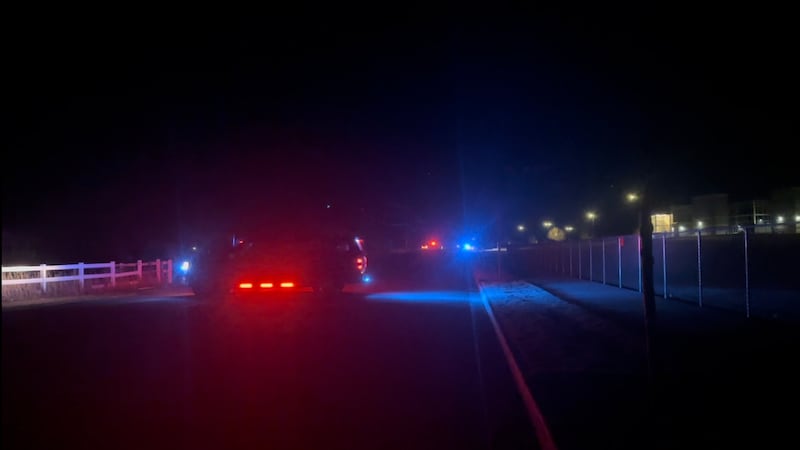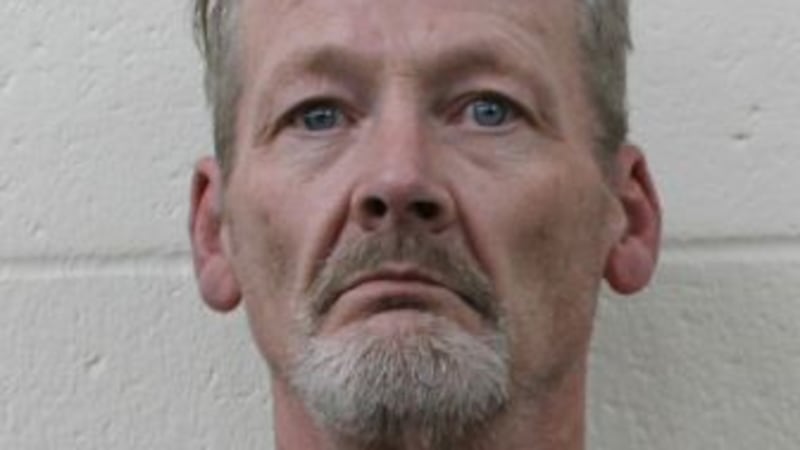Judge denies motions to suppress evidence in Kohberger case
BOISE, Idaho (KMVT/KSVT) — A judge has denied motions to suppress evidence in the trial of Bryan Kohberger.
Kohberger is charged with four counts of murder in the deaths of Ethan Chapin, Xana Kernodle, Madison Mogen and Kaylee Goncalves, who were killed in the early morning of Nov. 13, 2022, at a rental home near campus in Moscow, Idaho.
Last month his attorneys asked the judge to throw out most of the evidence in the case because they say it all hinges on an unconstitutional genetic investigation process. But on Wednesday District Judge Steven Hippler denied those motions.
Kohberger’s attorneys argued that law enforcement violated his constitutional rights when they used a process called Investigative Genetic Genealogy, or IGG, to identify possible suspects.
“There would be no investigation into him without that original constitutional violation,” attorneys Jay Weston Logsdon and Ann Taylor wrote in a court filing. They later continued, “Without IGG, there is no case, no request for his phone records, surveillance of his parents' home, no DNA taken from the garbage out front. Because the IGG analysis is the origin of this matter, everything in the affidavit should be excised.”
The IGG process often starts when DNA found at the scene of a crime doesn’t yield any results through standard law enforcement databases. When that happens, investigators may look at all the variations, or single nucleotide polymorphisms, that are in the DNA sample. Those SNPs, or “snips,” are then uploaded to a genealogy database like GEDmatch or FamilyTreeDNA to look for possible relatives of the person whose DNA was found at the scene.
In Kohberger’s case, investigators said they found “touch DNA,” or trace DNA, on the sheath of a knife that was found in the home where the students were fatally stabbed. The FBI used the IGG process on that DNA and the information identified Kohberger as a possible suspect.
Latah County Prosecutor Bill Thompson and the rest of the prosecution team say there is nothing unconstitutional about the use of IGG, noting that Kohberger’s relatives voluntarily provided their own DNA to a genetic genealogy service. They’ve also argued in court filings that case law is clear: Defendants have no reasonable right to privacy for DNA that is left at the scene of a crime.
Kohberger’s defense team also contended that the search warrants in the case were tainted by police misconduct. They said that once Kohberger was identified as a possible suspect, law enforcement officers either purposely or recklessly lied or omitted crucial information when they asked the court to issue search warrants for his apartment, his parents' house, his car, his cellphone and even for his own DNA. The defense requested what’s called a “Franks Hearing” to determine if law enforcement lied to get a search warrant, but the judge also denied that.
Kohberger’s trial is set to begin in August. Prosecutors have said they will seek the death penalty if he is convicted.
Copyright 2025 KMVT. All rights reserved.













